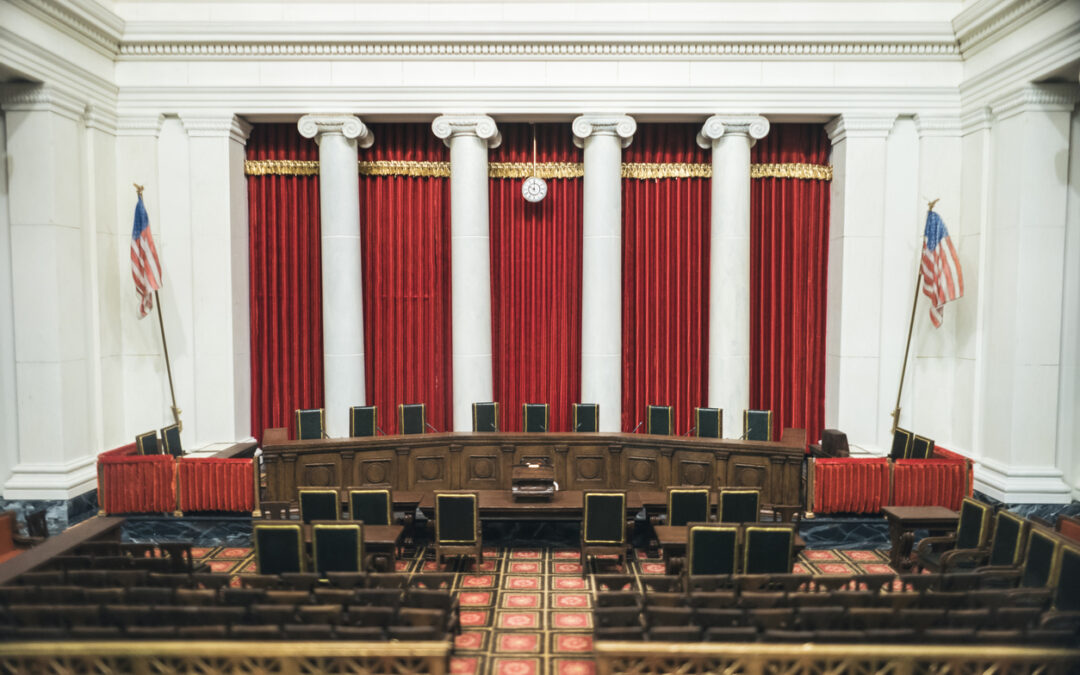Last week, in a 5-4 decision, the U.S. Supreme Court resolved a split in the circuits and held that federal district courts must stay trial court proceedings while an appeal of a decision denying a motion to compel arbitration is pending. Coinbase, Inc. v. Bieski, No. 22-105 (June 23, 2023)
Here, a Coinbase customer filed a putative class action, and Coinbase filed a motion to compel arbitration pursuant to an arbitration provision in the User Agreement between customers and Coinbase. The district court denied the motion to compel, and Coinbase filed an interlocutory appeal to the Ninth Circuit under 9 U.S.C. §16(a). Coinbase also requested the district court stay further proceedings pending a decision on the interlocutory appeal. The district court declined to issue a stay, and the Ninth Circuit affirmed.
The Supreme Court reversed and concluded that district court proceedings must be stayed during an interlocutory appeal. The Court noted that while Section 16(a) does not require a district court to stay proceedings pending resolution of an interlocutory appeal, “[a]n appeal, including an interlocutory appeal, divests the district court of its control over those aspects of the case involved in the appeal,” and that “[a]bsent an automatic stay of district court proceedings, Congress’s decision in §16(a) to afford a right to an interlocutory appeal would be largely nullified.”
In the arbitration context, the Court noted that if a district court could move forward with the case while the appeal on arbitrability was ongoing, the “benefits of arbitration (efficiency, less expense, less intrusive discovery, and the like) would be irretrievably lost—even if the court of appeals later concluded that the case actually had belonged in arbitration all along.” The Court also stated: “Absent a stay, parties also could be forced to settle to avoid the district court proceedings (including discovery and trial) that they contracted to avoid through arbitration.”

